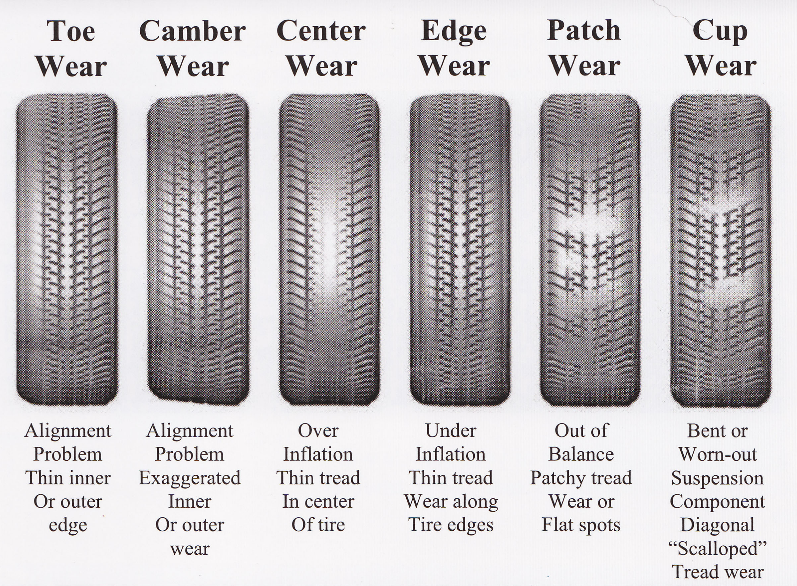Ford Mustang GT 2005-2014: What is That Burning Smell?
A burning smell can mean a few things in your Ford Mustang GT, none of which should be ignored. Read on to diagnose the burning smell coming from your car.
This article applies to the Ford Mustang GT (2005-2014).
A burning smell in the Ford Mustang GT is never a comforting smell. A burning smell should never be ignored, and even though we may not be sure of what is causing the smell, what we do know is that something is burning. Whether it's a rubber component that will wear until it's gone, or if something is touching a hot part that's causing it to burn, it needs to be stopped immediately. Diagnosing a burning smell is a bit easier than most diagnostics, simply because we can follow the smell and search in the right area instead of checking the car from front to back. In this guide, we will go over some of the most popular things that can cause a burning smell to come from your car. Read on to learn how you can diagnose it.

Materials Needed
- Flashlight
- Jack and jack stands
- Tire iron
Step 1 – Check tires
They could be wearing unevenly.
The tires could cause a burning smell—besides doing a burnout—if your tires are rubbing on something, such as the wheel well, or if they are misaligned where they are wearing unevenly in a fast manner. Check all four of your tires for uneven wear. Also, rub your hand around the whole tire on the inside to ensure nothing is rubbing on it.

If the tires are fine, proceed to Step 2.
Step 2 – Check the belts
It could be loose or slipping.
The drive belt has to be tightly fitted on all the pulleys. A loose or slipping belt could cause a burning smell because the pulleys will move differently from the belt, which will rub on it and cause a smell of burnt rubber. Alternatively, a frozen pulley or tensioner will increase friction against the belt and create a burning smell. Open the hood and check the belt. See if it's loose, cracked, or worn. If it is, replace it with a new belt. Usually a bad drive belt will be accompanied by a squealing sound.

If the drive belt is in good shape, move on to Step 3.
Step 3 – Check for oil leak
Your car could be leaking oil.
If your engine is leaking oil, it won't cause a burning smell; however, if it's leaking oil on a component that gets hot, it will definitely cause a burning smell. Using your flashlight, check your exhaust manifold for any oil leaks. If you see signs of wetness on the exhaust manifold, you might need to reseal your oil pan.

If you don't spot an oil leak on the exhaust or under the car, proceed to Step 4.
Step 4 – Check for worn brakes
Your brake pads could be worn.
The brake pads work by clamping on to the rotors, which causes friction that stops the car. Depending on how you drive, how hot the day is, and how worn your pads are, a burning smell could occur. More importantly, a faulty brake caliper that's sticking will cause an immediate burning smell. The faulty caliper's piston sticks out, which causes the brake pads to consistently rub on the brake rotor even without you stepping on the brake pedal. If you feel your car is holding back, or if you hear a rubbing or squealing sound coming from one of your wheels, raise your car, remove the wheel, and check your caliper. There should be a gap between the pads and the rotors. If there is no room in between, your caliper's piston is sticking and will need replacement.

Pro Tip
A burning coolant smells like syrup, so if that's what you're smelling, check all your hoses connected to the radiator along with the radiator itself for any coolant leak.
Related Discussions
- Burning Smell - MustangForums.com
- Burning Smell After Hard Driving - MustangForums.com
- Coolant Burning Smell - MustangForums.com






